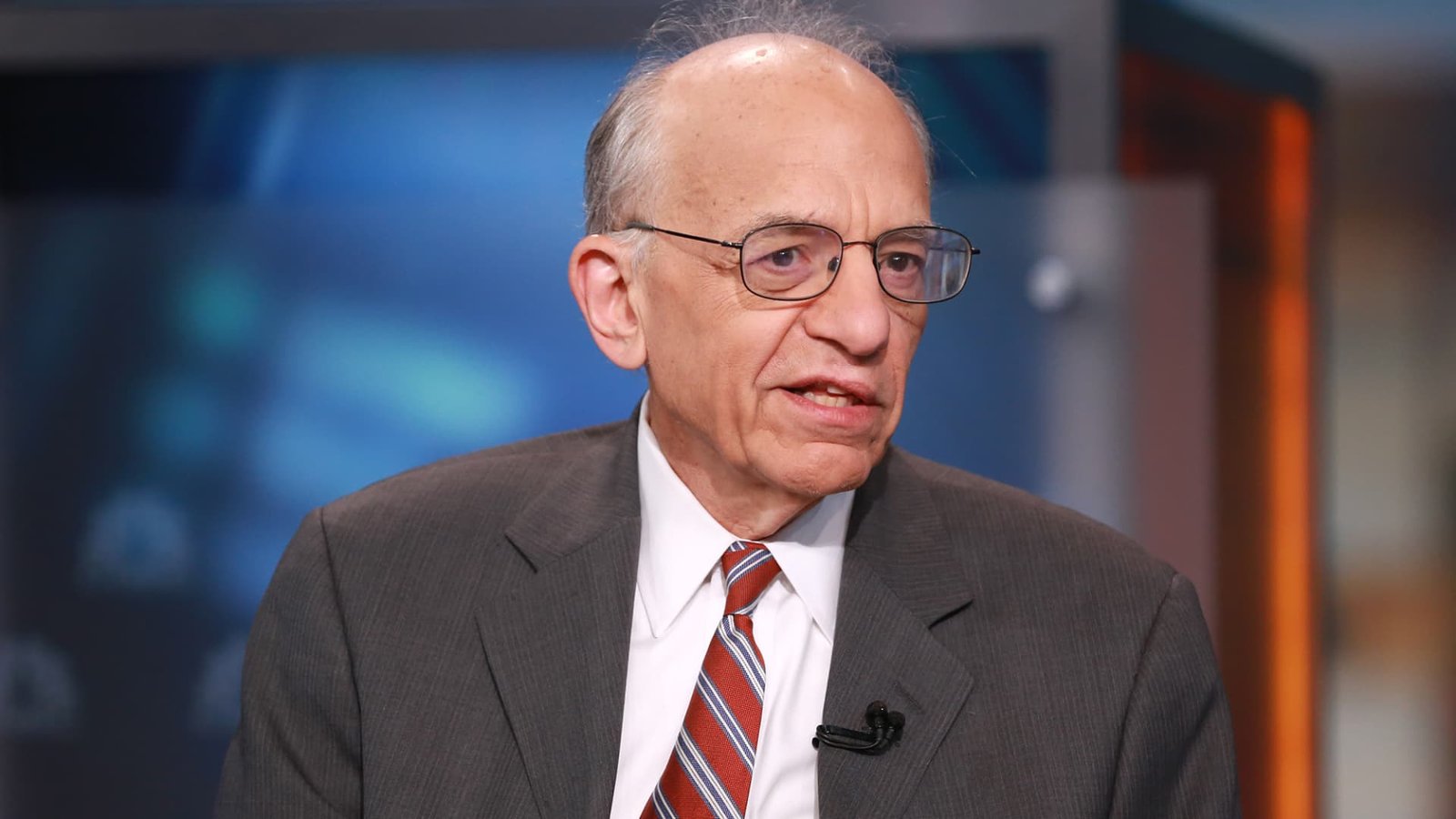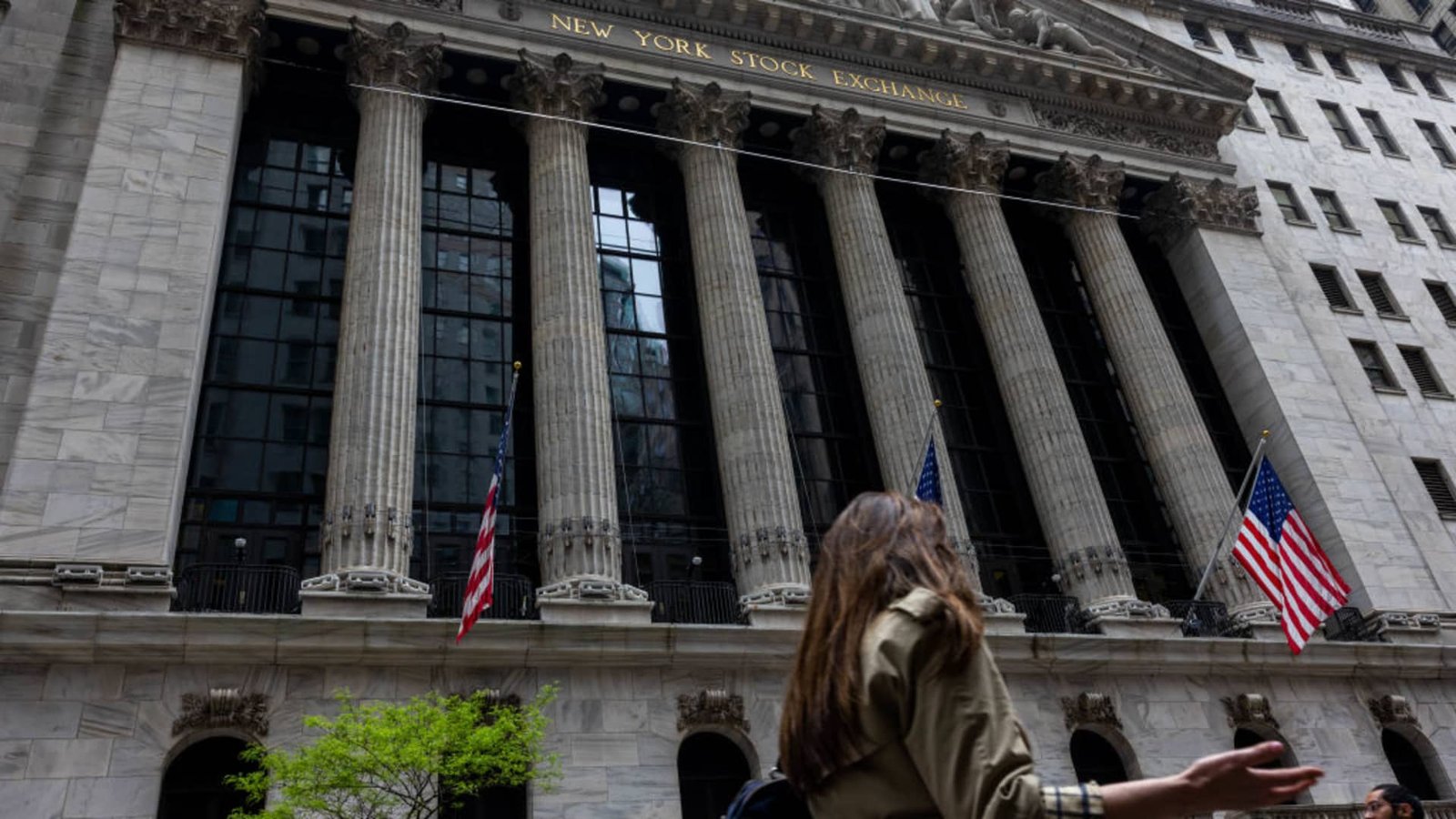Wharton School Professor Jeremy Siegel no longer believes an emergency interest rate reduction by the Federal Reserve is crucial, but he still advocates for policymakers to cut rates swiftly and decisively.
Siegel, who serves as the chief economist at WisdomTree, made waves on Monday during an interview with CNBC. He suggested that Fed Chair Jerome Powell and his colleagues should implement an emergency interest rate cut of 0.75 percentage points immediately, followed by another reduction in September.
These remarks were made amidst market turmoil fueled by recession fears and concerns that the Fed was slow to adjust its policy in response to a decelerating inflation rate. However, positive economic data and a strong market rally on Thursday seemed to lessen the sense of urgency.
In a phone interview, Siegel stated, “I no longer believe it is absolutely necessary. But I urge [Powell] to lower rates to 4% as quickly as possible. Would it be detrimental? No. But is it imperative? No, not at this moment.”
On July 31, the Fed decided to maintain its key interest rate within the range of 5.25%-5.5%. This decision faced criticism when a report the following day revealed a surge in weekly jobless claims and a manufacturing index indicating further contraction in the sector.
However, Thursday’s data showed a decrease in jobless claims from the previous week, and an earlier service sector report exceeded expectations.
Siegel commented on his call for an interim rate adjustment, saying, “I wanted to stir things up. There is no way he [Powell] will do that unless things are falling apart. I don’t believe things are falling apart. But based on all indicators and monetary principles, rates should be below 4%.”
Market expectations suggest that the Fed will likely reduce rates by at least a quarter percentage point in September and possibly by a full percentage point by the end of 2024. However, these projections have been volatile as investors monitor the Fed’s pace of policy easing.
Siegel noted that an emergency rate cut under the current circumstances is not Powell’s typical approach. He added, “Powell has been too slow in his actions, especially on the way up, and I want to ensure he does not repeat the same mistakes on the way down.”




